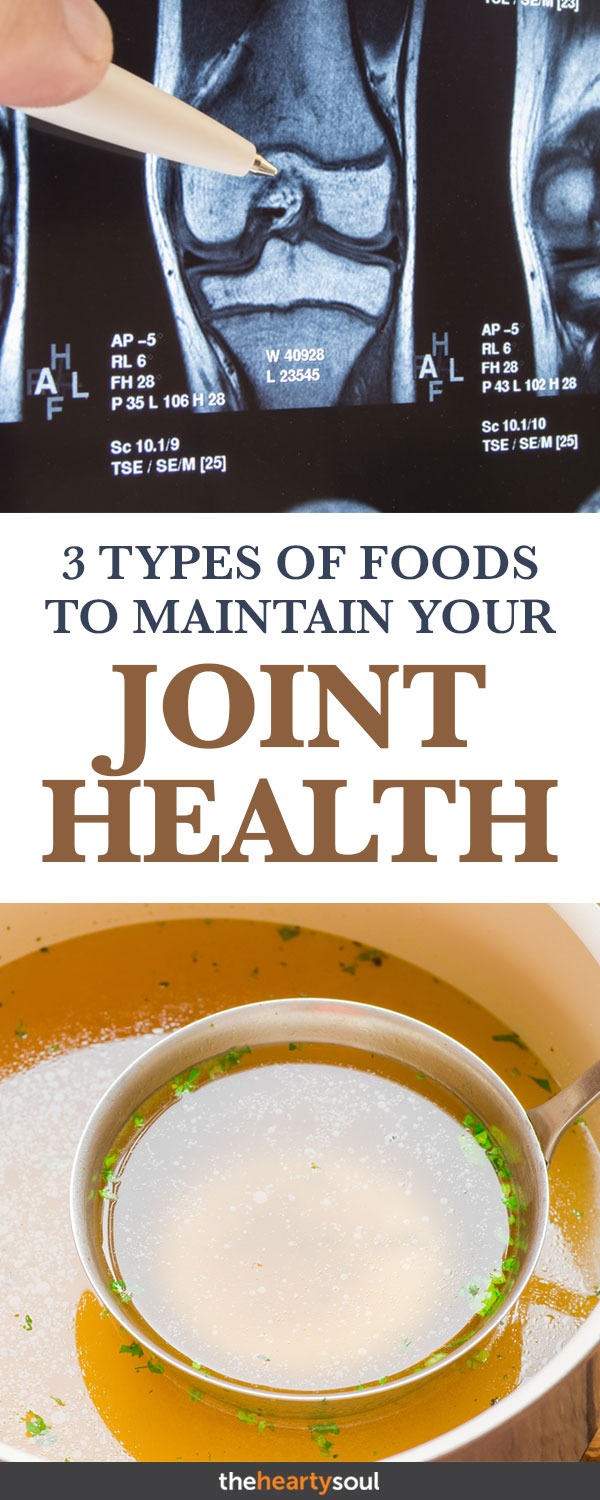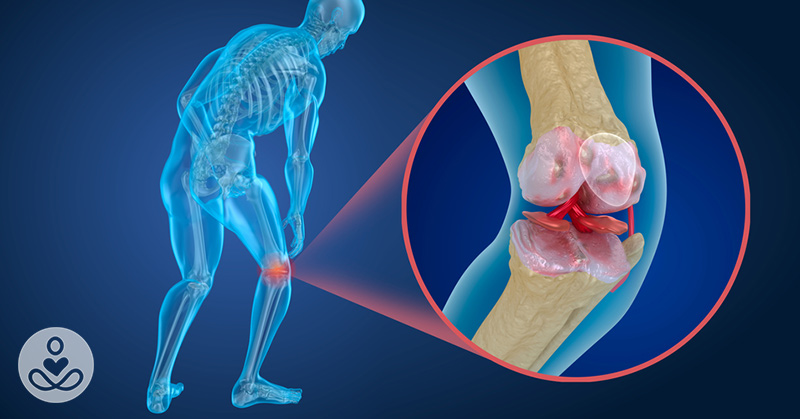Osteoarthritis is a common joint disorder, especially among those 60 years old or older. It is characterized by the loss of cartilage within the joints, leading to pain and discomfort. While the exact cause of osteoarthritis is unknown, it is often linked to tissue damage and inflammation in the body. Managing the symptoms of osteoarthritis can be effectively done through an anti-inflammatory diet, although rebuilding cartilage is a more challenging process.
Rebuilding cartilage is possible by incorporating certain nutrients into your diet. These nutrients help trigger the cartilage rebuilding process, promoting joint health and strength. Foods rich in sulphur, such as broccoli, cauliflower, and eggs, play a vital role in preserving cartilage and reducing inflammation. Vitamin C, found in foods like citrus fruits and berries, aids in collagen synthesis, crucial for cartilage production.
Bone broth, rich in collagen and amino acids, is another beneficial food for joint health. Vitamin D, obtained from sources like fatty fish and eggs, is essential for cartilage formation in the joints. Ensuring adequate levels of vitamin D can contribute to overall joint health and well-being.
By incorporating these nutrient-rich foods into your diet, you can support the growth and repair of cartilage in your joints. While supplements are available, getting these nutrients from whole foods is beneficial. Maintaining a diet low in inflammatory foods and high in cartilage-building nutrients can significantly improve joint health and function. Additionally, combining this dietary approach with other therapies can enhance their effectiveness and support overall joint wellness.

Sources
- [1] Yuging Zhang and Joanne M. Jordan. Epidemiology of Osteoarthritis. Clinics in Geriatric Medicine. Aug 2010; 26 (3): 355-369.
- [2] https://www.merckmanuals.com/en-ca/professional/musculoskeletal-and-connective-tissue-disorders/joint-disorders/osteoarthritis-oa
- [3] Riegger J, et al. Striking a new path in reducing cartilage breakdown combination of antioxidative therapy and chondroanabolic stimulation after blunt cartilage trauma. Journal of cellular and molecular medicine. Jan 2018; 22 (1): 77-78.
- [4] S Murad, et al. Regulation of collagen synthesis by ascorbic acid. PNAS. May 1981; 78 (5): 2879-2882.
- [5] Garfinkel, Rachel, et al. Vitamin D and its effects on articular cartilage and osteoarthritis. Orthopaedic Journal of Sports Medicine. Jun 2017; 5 (6)






